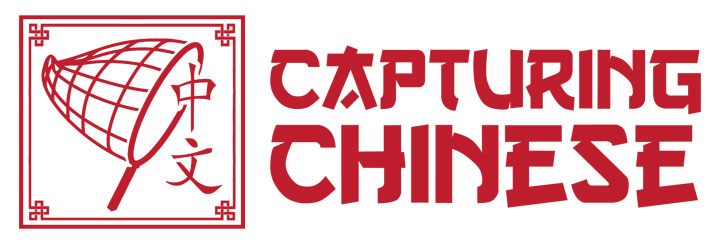A Comedy of Ducks is an easy and short story to read. For an introduction to Lu Xun, then follow this link to An Introduction to Lu Xun.
A Comedy of Ducks
鸭的喜剧
Yā de Xǐjù
鸭的喜剧 was published in December 1922 in
The Lady's Magazine (妇女杂志 Fùnǚ Zázhì).
The story recalls the events of Lǔ Xùn's guest from Russia, Vasily Eroshenko, living with Lǔ Xùn's eldest younger brother, Zhōu Zùorén (also known as Zhòngmì), from 1922-1923. Since the Russian poet was blind, he relied heavily on his hearing for enjoyment. He spoke Russian, English, Japanese and was a master in the one world language, Esperanto. While he could not see, he got great satisfaction from hearing the different sounds around him which led him to buying a few animals for the Zhōu household. He was also an advocate of self-sufficiency, suggesting to have a garden and raise farm animals.
Reminiscing over his time spent in Burma, he complains Běijīng is too quiet with no animals about creating noise. Upon hearing from Lǔ Xùn that frogs are aplenty after a heavy rain, he goes out to buy tadpoles which he raises in a small pond. Next, a few chicks appear, coming from Zhòngmì's room. The chicks gorge themselves on the courtyard lawn, but tend to eat too much and die frequently. Vasily Eroshenko actually wrote his only short story while in Běijīng about this called,
The Tragedy of a Chick.
A lady selling ducklings comes by and Eroshenko is thrilled with the little animals and buys four of them. They quack about the compound, eat up the tadpoles from the pond, and slowly grow to maturity. By the time the ducklings are full grown, Eroshenko is already off to a conference on Esperanto in Finland. Lǔ Xùn not knowing his friend is going to return soon afterward writes this short story in his honor. Lǔ Xùn's title for this story,
A Comedy of Ducks (鸭的喜剧), contrasts with Eroshenko's work,
The Tragedy of Chick (鸡的悲剧),which Lǔ Xùn had helped translate from Japanese into Chinese.
A Comedy of Ducks 鸭的喜剧
Would you like to read this Chinese short story with pinyin, footnotes with definitions, historical summaries, and cultural references, as well as Chinese audio files of two native speakers, one male and one female, reading the story? Get your copy of Capturing Chinese today! See the Capturing Chinese Catalog
[wp_eStore_free_download_ajax_fancy id=22]

